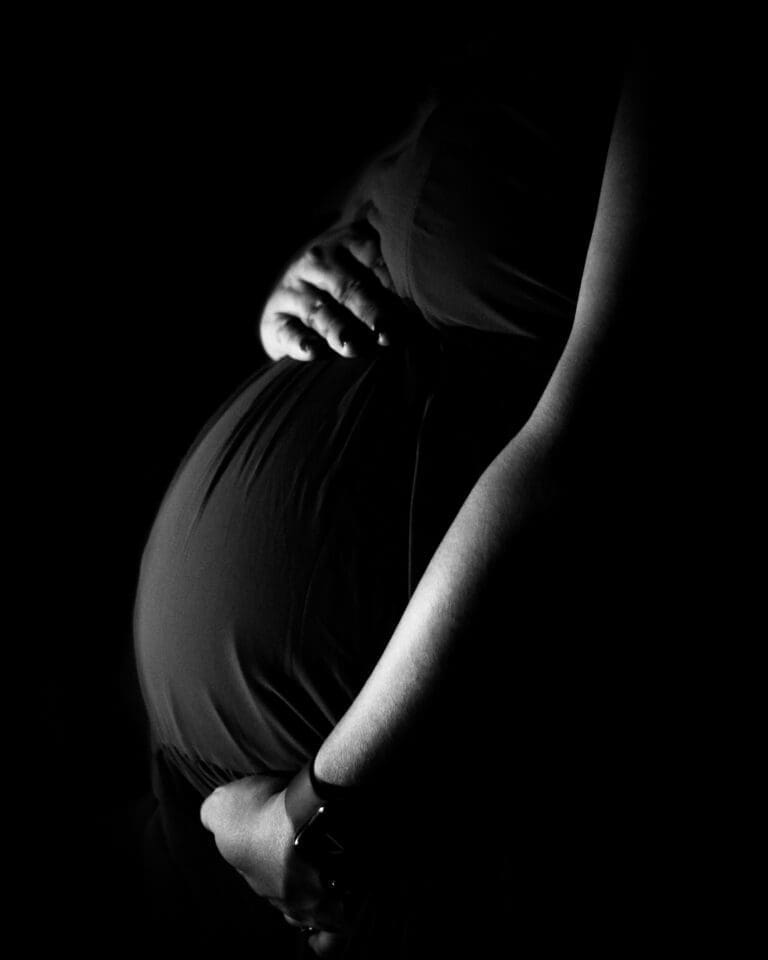10 Ways a Divorce Can Hurt a Child’s Mental Health (And What You Can Do About It)

The impact of divorce extends beyond the couple, often leaving deep imprints on children’s lives. While children can navigate this change without serious issues, studies indicate that divorce can significantly affect a child’s mental health.
As we delve into this issue, remember that consulting with an experienced family lawyer can help you navigate this challenging period with sensitivity and awareness for your child’s mental health.
Here are 10 ways divorce can hurt your child’s mental health and what you can do about it:
- Anxiety
Children thrive on stability and routine. The upheaval of divorce can create an environment of uncertainty, leading to feelings of anxiety. Children might worry about where they’ll live, changes in their daily routines, or whether they’ll continue attending the same school or seeing their friends.
The takeaway: disruption of the family unit often leads to heightened anxiety in children. Their world is changing, and the uncertainty of what lies ahead can cause insecurity and fear. Try to make this transitional time as stable as possible.
- Depression
Depression can be a serious issue for children coping with their parents’ divorce. Persistent sadness, withdrawal from activities they used to enjoy, and changes in appetite or sleep are common indicators. Encouraging open communication and seeking professional help when necessary can help manage these symptoms.
The takeaway: Feelings of loss are prevalent during a divorce. Children may mourn the end of their family as they knew it, leading to sadness that, in some cases, can escalate to depression. Consider family therapy to help your child cope with depression.
- Aggression
Anger and frustration are common reactions to divorce. Parents need to understand this is often a cry for help or a way of coping with emotional chaos. Professional guidance can help children express feelings in healthier ways.
The takeaway: Children may struggle to express their complex emotions during a divorce. This confusion can manifest as aggression, both verbally and physically. Be as understanding as possible when your child acts out due to stress, fear, and frustration.
- Lower Academic Performance
According to the research published by the National Library of Medicine, children experiencing their parents’ divorce often show lower academic performance. The emotional turmoil can distract them from their studies and impact their concentration.
The takeaway: Give them time to adjust to the new normal, even if their grades suffer during the adjustment. Teachers and school counselors can provide additional support and resources to help children cope and maintain their academic progress.
- Sleep Disturbances
Sleep disturbances can include trouble falling asleep, frequent nightmares, or waking during the night. These disruptions can further exacerbate mental health issues and affect physical health. Maintaining a regular sleep routine can be beneficial, and in persistent cases, professional advice should be sought.
The takeaway: Emotional distress can lead to sleep disturbances, including nightmares or insomnia, contributing to children’s overall mental and physical health decline. Knowing this possibility will help you prepare and adjust your child’s routine and schedule accordingly.
- Self-Esteem Issues
The dissolution of a marriage can disrupt a child’s sense of self-worth and value. Children, especially younger ones, often internalize the situation and may perceive the divorce as a reflection of their self-worth.
They might feel responsible for the conflicts and think they could have prevented the split if they had behaved differently or achieved more. These self-esteem issues can extend into their social life and academic performance.
The takeaway: Children might blame themselves for their parents’ divorce, leading to guilt and decreased self-esteem. They may feel unlovable or worried that they did something to cause the breakup. Continuous reassurances of parents’ love, respect, and support are crucial. Consider family counseling services.
- Substance Abuse
The emotional turmoil that comes with divorce can lead some adolescents to engage in risky behaviors such as substance abuse. Experimentation with drugs or alcohol can seem like a temporary escape from the intense feelings they are struggling with.
Parents must stay vigilant during this period for signs of substance abuse: changes in social circles, declining academic performance, secretive behavior, or physical symptoms such as bloodshot eyes or unexplained weight changes.
The takeaway: In some cases, older children and teenagers may resort to substance abuse as a coping mechanism to deal with the pain and stress of their parents’ divorce. If substance abuse is suspected, immediate action is needed.
Open communication about the risks associated with substance abuse, and the potential for addiction, is crucial. In some situations, professional intervention or a rehabilitation program may be required.
- Trust Issues
Divorce can undermine a child’s trust in relationships. After witnessing their parents’ relationship crumble, they might fear a similar outcome in their future relationships, leading to commitment issues and difficulties in forming intimate relationships.
They might also feel let down by their parents and fear further abandonment. Children may also become overly reliant or suspicious of new individuals entering their lives post-divorce.
The takeaway: Experiencing their parents’ separation can lead children to develop trust issues that affect their future relationships. They might worry about repeating their parents’ mistakes or fear abandonment.
Parents must maintain open and honest communication with their children, reassuring them that although the marital relationship has ended, parental love and commitment remain unbroken.
- Social Isolation
During a divorce, children may feel different from their peers, leading to a tendency to withdraw from social interactions. They might feel embarrassed or believe their friends won’t understand what they’re going through.
In addition to these feelings of isolation, the logistical changes of divorce, like moving houses or changing schools, can further contribute to social withdrawal.
The takeaway: Maintaining a child’s routine as much as possible, including extracurricular activities and social events, can provide a sense of normalcy. Encourage children to express their feelings verbally, through art, or other creative outlets, which can also assist in processing their emotions.
- Post-Traumatic Stress Disorder (PTSD)
While we usually associate PTSD with severe traumas such as wars or natural disasters, emotional traumas like a divorce can also trigger this disorder in children. Symptoms include nightmares, intrusive thoughts, severe anxiety, and emotional numbness.
The takeaway: While typically associated with severe traumas like war or accidents, PTSD can also occur after emotionally traumatic events like divorce. Children may continually relive the pain and stress of their parents’ divorce, leading to PTSD.
Reassurance, stability, and routine can help to alleviate some of these symptoms. In severe cases, cognitive behavioral therapy (CBT), a type of psychotherapy that can help children alter thought patterns that lead to harmful behaviors or emotions, might be recommended.
Not Every Child Reacts The Same Way To Divorce
Remember, each child is unique and may experience none, some, or all of these impacts differently. As parents navigate the path of divorce, being aware of these potential issues can help address them head-on and seek appropriate help as needed.
You are not alone in this journey, and there are resources and professionals, like a trusted family lawyer and qualified therapists, ready to support you and your children through this transition.
Consider working with professionals like therapists and counselors who specialize in a child’s mental health and divorce. A family lawyer can also provide essential guidance to minimize conflict and ensure a smoother transition for the child.
Jennifer Bell is a mother of two and a writer for Family Law Attorneys in the Philadelphia area.









